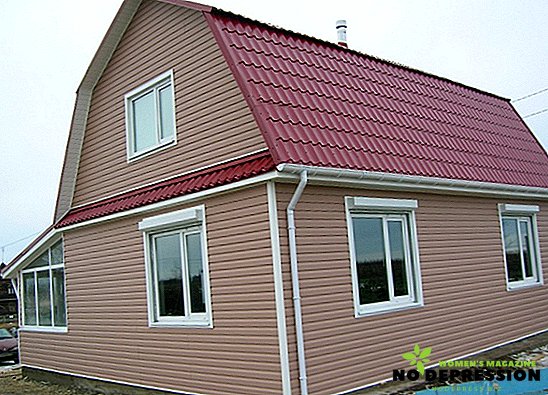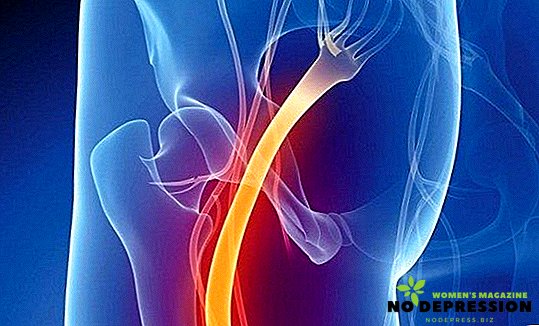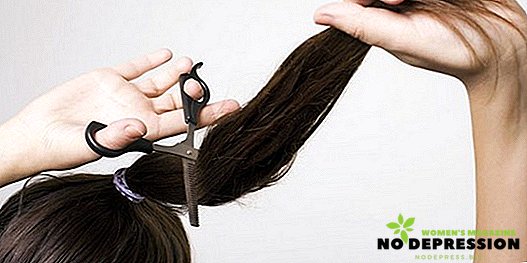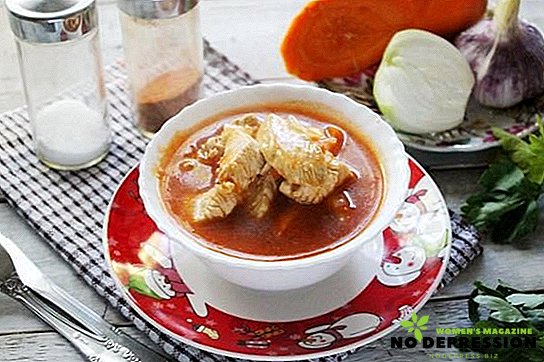Prostatitis is one of the most common urological diseases that men suffer after 30 years. The disease is inflammation of the prostate gland, which can be treated both with the help of drugs and with the help of some folk remedies. Depending on the origin, this ailment can be bacterial, non-bacterial, acute or chronic. Acute prostatitis is usually caused by gram-negative bacteria, it is easy to recognize and cure with antibiotics.
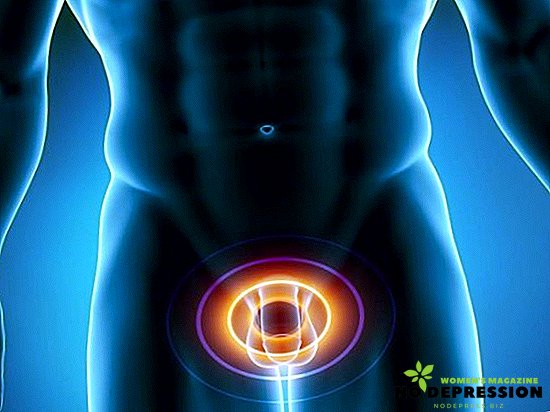
Main reasons
The main cause of prostatitis is the penetration of infection into the gland, which is facilitated by the location of the prostate in the pelvis. The main routes of infection are:
- downward when the infection enters the urine;
- ascending - in this case, the infection penetrates the urethra;
- hematogenous - the infection penetrates the prostate gland with blood flow;
- lymphogenous - with lymph flow.
The main causes of development and risk factors are:
- lack of activity, sedentary lifestyle, which leads to stagnation of blood in the prostate gland;
- lack of sexual activity: prolonged abstinence and irregular sex;
- hypothermia in childhood or adolescence;
- sexually transmitted diseases, for example, chlamydia or gonorrhea;
- trauma to the tissues of the pelvic organs;
- reduced immunity;
- unbalanced diet, when fat and sweet makes up more than 70% of the total diet;
- excessive drinking.
The above conditions contribute to the penetration of the infection into the prostate gland, can also cause stagnant processes, worsening the blood supply to the pelvic organs. In turn, this leads to the spread of microorganisms and the progression of the inflammatory process.
Signs of prostatitis
The first signs of prostatitis in men include:
- frequent urination, with the possibility of pain;
- fever;
- burning in the perineum;
- painful defecation.
But it is also recommended to pay attention to the following symptoms:
 violation of erection;
violation of erection;- intermittent urination;
- discharge from the urethra;
- urine sediment;
- weak orgasm;
- general body fatigue;
- mental depression and anxiety;
- decrease in potency.
In chronic prostatitis, these symptoms may not appear at all.
If we are talking about acute prostatitis, then it begins most often with these symptoms:
- body temperature rises to +39 degrees, accompanied by chills and fever;
- urinating difficult and painful;
- swelling of the prostate gland develops, which can cause acute urinary retention.
In addition, the bright manifestations of the disease are pain in the perineum, which give in the groin.
If we talk about chronic prostatitis, then it most often develops with worn out symptomatology. The disease differs from the acute form in that it proceeds without pronounced symptoms.
During the exacerbation of the patient's prostatitis, the pressure in the groin area, anus, and dull pain, which gives to the sacrum, the rectum, can disturb.
Signs of chronic prostatitis include:
- decreased libido;
- deterioration of erection;
- nagging pain in the sacrum and perineum;
- discomfort and burning in the urethra.
What are the consequences?
If untreated prostatitis, complications can be as follows:
- infertility;
- depression;
- reduced potency;
- severe pain in the perineum and groin.
If any of the above symptoms appear, you should consult a urologist and be examined.
Diagnosis of prostatitis
Urologist symptoms can diagnose prostatitis even at the initial stage. The gland will be inflamed, enlarged, which can be seen on an ultrasound. But most often conduct a series of surveys:
- palpation of the gland at the doctor's office;
- a urethral smear that will determine the microflora;
- microscopic examination of ejaculate;
- urine analysis, including bacteriological and cytological;
- PSA level analysis.
Most often this is enough. But if there are difficulties with the diagnosis, the doctor may prescribe urodynamic examination. Less commonly, cystoscopy is performed.
General principles of treatment of prostatitis
In cases of severe intoxication and suspected purulent process, hospitalization is indicated. Patients with acute prostatitis should undergo outpatient treatment by a urologist. In order to cure this pathology, it is necessary to adhere to a whole range of special events.
Drug treatment of this disease consists of:
- Antibiotic therapy if the goal is to eradicate the infection.
- Receiving anti-inflammatory drugs.
- Receiving drugs that improve blood circulation and relieve spasm of the urethra.
As an additional measure can prescribe massage, which promotes rapid recovery, reduces pain. Surgery may also be required, but only if the urogenital canal is narrowed and prostate adenoma removal is required.

In the treatment of prostatitis is an integrated approach. For therapy using a variety of methods:
- diet;
- lifestyle change;
- physiotherapy, prostate massage, exercise therapy;
- symptomatic treatment;
- psychotherapy.
Antibiotics for acute prostatitis
Antibiotics are required for bacterial prostatitis, even if it is asymptomatic. But it is very important to undergo an examination before starting treatment to determine the type of pathogen.
Most commonly prescribed:
- Macrolides (Zyrolid, Fromilid, Sumamed).
- Tetracyclines (doxycycline).
- Penicillins (Amoxiclav, Augmentin, Flemoklav, Flemoksin Solyutab).
- Cephalosporins (Supraks, Cefotaxime, Kefadim, Cefspan).
- Fluoroquinolones (Tsiprinol, Ofloksin, Elefloks, Zanotsin, Tavanic).
Treatment of prostatitis at home
Traditional methods will help supplement the general therapy of this disease. The use of traditional medicine will help increase the body's resistance, relieve pain:
- Take 3 grams of orchid, grind into powder, soak in a little water, after a while, pour 0.5 liters of boiling water and simmer for 10 minutes over low heat. Leave to infuse for 30 minutes, strain and take 70 ml three times a day.
- Fill a glass of water with 40 g of Althea root, boil for 30 minutes and take 60 ml with meals three times a day.
- Prepare a decoction of celery. Pour 20 g of the product with a glass of water, boil for 10 minutes. Take 100 milliliters 3-4 times a day.
 As auxiliary elements of traditional medicine recommends the use of plant seeds. So, the most useful product is pumpkin seeds, which can enrich the body with linoleic acid and zinc. You can also use poppy seeds, sesame.
As auxiliary elements of traditional medicine recommends the use of plant seeds. So, the most useful product is pumpkin seeds, which can enrich the body with linoleic acid and zinc. You can also use poppy seeds, sesame.
Treatment of the initial stage of the disease involves the use of special candles with propolis. They can be purchased at the pharmacy, but some are advised to do at home. To do this, you need 50 g of crushed propolis. The product should be poured 50 ml of 95% ethyl alcohol, insist in a dark place for two weeks, shaking daily.
After the expiration date, the infusion needs to be evaporated in a water bath so that the composition acquires a brown-yellow color, acquires the consistency of honey. In parallel, in a water bath, we melt 20 g of cocoa butter, mix with 1 g of propolis. From the resulting mass we produce 10 candles and send them for storage in the refrigerator. One candle should be administered rectally overnight daily. The duration of treatment in this way is about a month.
Features of treatment of chronic prostatitis
Therapy of this type of disease depends on the stage of prostatitis. If the disease is exacerbated, the treatment is the same as for acute bacterial prostatitis. If the disease is in remission, most often men experience:
- slight pain that occurs rarely, but regularly;
- feeling of heaviness in the prostate, lumbosacral area;
- in some cases, dysuric disorders may join, for example, increased urge to urinate;
- worsening of psycho-emotional well-being.
The most common treatment of chronic prostatitis involves:
- Acceptance of NSAIDs.
- The use of funds that are aimed at normalizing lymphatic drainage and improving blood microcirculation.
- Acceptance of immunomodulators. These include Timalin, Timosin. Prostatilen and Vitaprost are prescribed to relieve swelling of the prostate tissue and eliminate the leukocyte jump, normalize the microcirculation of blood. According to a study conducted by Professor V.N. Tkachuk, when taking Vitaprost and Prostatilen more than in 97% of men, the pain becomes less pronounced. When they are taken, urination disorder also decreases. The course of therapy is about a month.
- To eliminate problems with erection, taking sedatives is indicated.
- To strengthen the pelvic muscles and normalize blood circulation requires regular exercise. Best of all, if the doctor will make a complex of physical therapy.
- A good effect is shown by physiotherapeutic procedures, for example, UHF, microwave hyperthermia and so on.


 violation of erection;
violation of erection;
